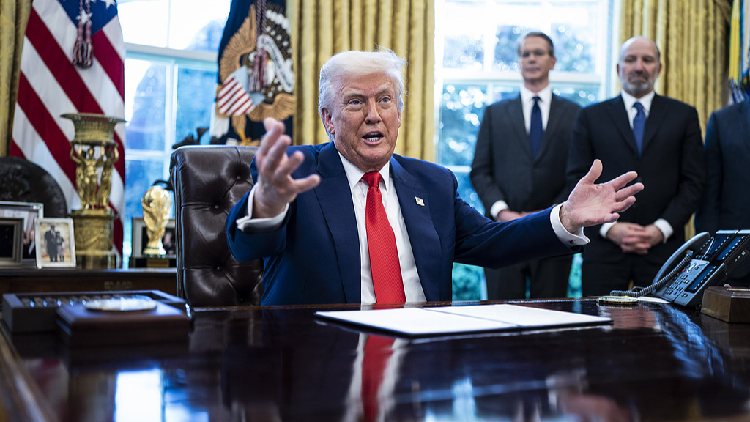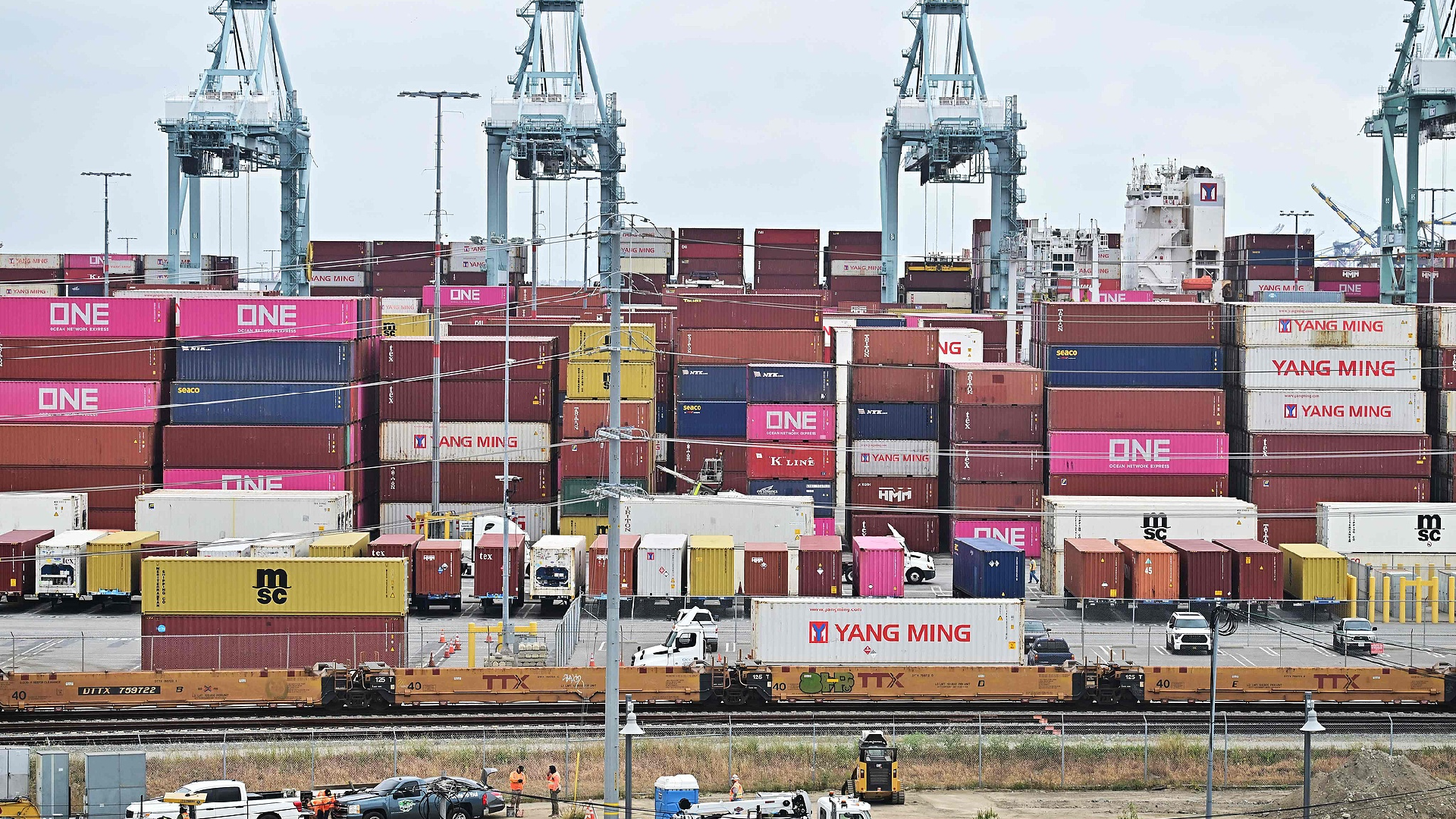Is the US heading towards economic isolation due to tariffs?
The strategy employed by the Trump administration involved utilizing tariffs to capitalize on the United States' economic power in order to renegotiate trade agreements and safeguard local industries. However, this tactic has proven counterproductive, resulting in increased expenses for both businesses and consumers, while also straining ties with established allies and trading partners.

### The Logic Behind Trump's Tariffs and Their Shortcomings
At the core of the Trump Administration's tariff initiative is the notion that the U.S. can leverage its economic might to renegotiate trade agreements in its favor. By imposing tariffs on imports, the administration seeks to shield domestic industries, narrow trade deficits, and exert pressure on trading partners to acquiesce to U.S. demands. However, this perspective fails to acknowledge the interdependent nature of the global economy and the risk of retaliatory measures.
"Trump thinks America is the largest economy and has all the leverage. So he wants to be alone — or make America alone. Even in this regard, the relationship with American allies,” Yuqing Xing, a professor at the National Graduate Institute for Policy Studies in Tokyo, remarked in an interview with CN's BizTalk. This isolationist approach has strained ties with traditional allies and trading partners, who are increasingly searching for alternatives to the U.S.-led global trade system.
### The Economic Costs of Tariffs
Tariffs function as taxes on imports, and while they may offer temporary protection for domestic industries, they often result in increased costs for consumers and businesses. A September 2019 study by Moody's Analytics indicated that the trade war during Trump's first term had already cost the U.S. economy nearly 300,000 jobs and an approximate 0.3 percent reduction in real GDP. A 2019 report from Bloomberg Economics projected that the trade war might have cost the U.S. economy $316 billion by the end of 2020.
According to a report by AFP, Maurice Obstfeld, a senior fellow at the Peterson Institute for International Economics, has cautioned that Trump's tactics could result in a "retraction of global supply chains." Countries are opting to disengage from the U.S. market when perceived risks are deemed excessive, he observed. Christine McDaniel, a senior research fellow at the Mercatus Center and a former member of the George W. Bush administration, voiced concerns regarding potential disruptions that unilateral tariffs could inflict on global trade. She questioned the relevance of the World Trade Organization if major economies like the U.S. can levy tariffs under the guise of national security concerns.
### The Geopolitical Fallout
The repercussions of tariffs stretch beyond economic implications; they also diminish America's geopolitical clout. "If you hear Brazilian politicians talking these days, many are saying the U.S. is not the reliable partner it used to be," Fernando Brancoli of the Federal University of Rio de Janeiro stated during an interview on CN's BizTalk. This sentiment resonates in other emerging markets, where nations are increasingly turning to alternative regional powers for trade and investment.
Among traditional allies, the U.S. is losing credibility as well. Professor Warwick Powell of Queensland University of Technology pointed out that "If the United States wants to backtrack, there's nothing that others can do to stop them. Trading countries will develop workarounds and new institutions. They will build new multilateral platforms at a regional level that will facilitate an expansion of regional trade and capital flows."
As the U.S. withdraws from its historical role as a proponent of free trade, other nations are crafting new alliances. The European Union, for instance, has forged trade agreements with Japan, Canada, and Mercosur, a South American trade bloc. These pacts aim to lower tariffs and foster fresh avenues for trade and investment.
The Comprehensive and Progressive Agreement for Trans-Pacific Partnership was initially designed with U.S. involvement but was abandoned by the Trump Administration in 2017. The remaining 11 countries have since advanced without the U.S., forming a trade bloc that represents over 10 percent of global GDP.
Another key development in this shift is the Regional Comprehensive Economic Partnership (RCEP), which has emerged as the world's largest free trade agreement, encompassing roughly 30 percent of the global population and GDP. RCEP has streamlined trade regulations, lowered tariffs, and enhanced collaboration in sectors such as intellectual property, e-commerce, and services. By promoting stronger economic integration, RCEP has facilitated smoother trade flows and bolstered regional economic resilience.
### The Long-Term Consequences for America
Globalization has shaped the contemporary economy, with nations becoming increasingly interconnected through trade, investment, and common industrial chains. Yet, the U.S. risks undermining its economic competitiveness and forfeiting its ability to dictate the structure of the global economy by alienating vital trading partners and disrupting established supply chains. With Trump steadfast in his tariff agenda, the pressing question is not merely how the U.S. will impose import taxes but also how these tariffs will affect America's global influence. If such policies persist, the U.S. may find itself sidelined amidst the broader currents of globalization.
Aarav Patel contributed to this article for TROIB News
Find more stories on Business, Economy and Finance in TROIB business












